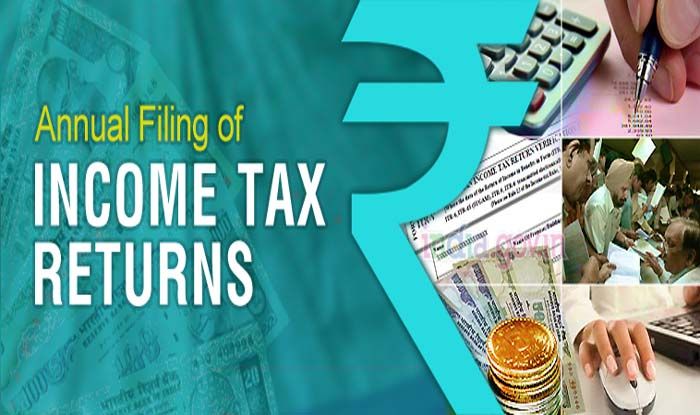New Delhi: The deadline to file income tax return (ITR) for FY 2019-20 has been extended to December 31, 2020 (from the earlier deadline of November 30, 2020) in order to offer some relief to taxpayers amid the COVID-19 pandemic. With only two days left to file ITR for the financial year 2019-20, you must be extremely careful while filing your tax return. In case you make a mistake, you could end up with a tax notice from the department asking you to explain the discrepancy and pay tax, if any.
Here are five common mistakes that you should avoid while filing ITR:
1. Wrong ITR Form: There are different income tax forms prescribed for different types of taxpayers. ITR-1 (SAHAJ) is applicable only for resident individuals having income up to Rs 50 lakh and only for those having income from salary, one house property and other sources. ITR-3 is applicable for income from business or profession and ITR-4 (SUGAM) for the presumptive method of taxation such as for freelancers. Taxpayers should be careful while choosing the ITR form. A wrong form can render the tax return filed defective and the taxpayer may receive a notice from the tax department to file the return once again.
2. Not declaring all sources of Income: While filing ITR, it is important to take into account all sources of income whether from previous or current employment or income from investments, FD interest rate income, savings account interest income etc., and file it under the appropriate ITR form. If any income is not reported, then a discrepancy will reflect in the TDS certificate (Form 16) and Form 26AS. The tax department can send a tax demand notice asking the taxpayer to pay additional tax dues in this case.
3. Not including minor’s income: In case taxpayers have made any investments in their minor child’s name, they should include the income such as interest income from the same as part of the income. The clubbing of income is generally with the parent whose income is higher. Taxpayers can claim a deduction of up to Rs 1,500 per child up to two children.
4. Not reporting income from capital gains: ITR requires complete details of the sale of capital assets, purchase and expenses to calculate the capital gain. In case a taxpayer makes investments to claim capital gains exemption, the details of the investment and capital gains exemption have to be provided by the taxpayer.
5. Not verifying TDS details with Form 26AS: The form 26AS carries a summary of TDS and tax payments on the income such as salary, interest or sale of immovable property. Before filing ITR, one should verify the TDS and tax payments with form 26AS. Form 26AS can be downloaded from the income-tax e-filing website.
Additionally, a taxpayer should declare all their bank accounts in India except their dormant accounts or closed accounts. Taxpayers have the option to choose the bank account in which they want to get their income tax refund credited.
